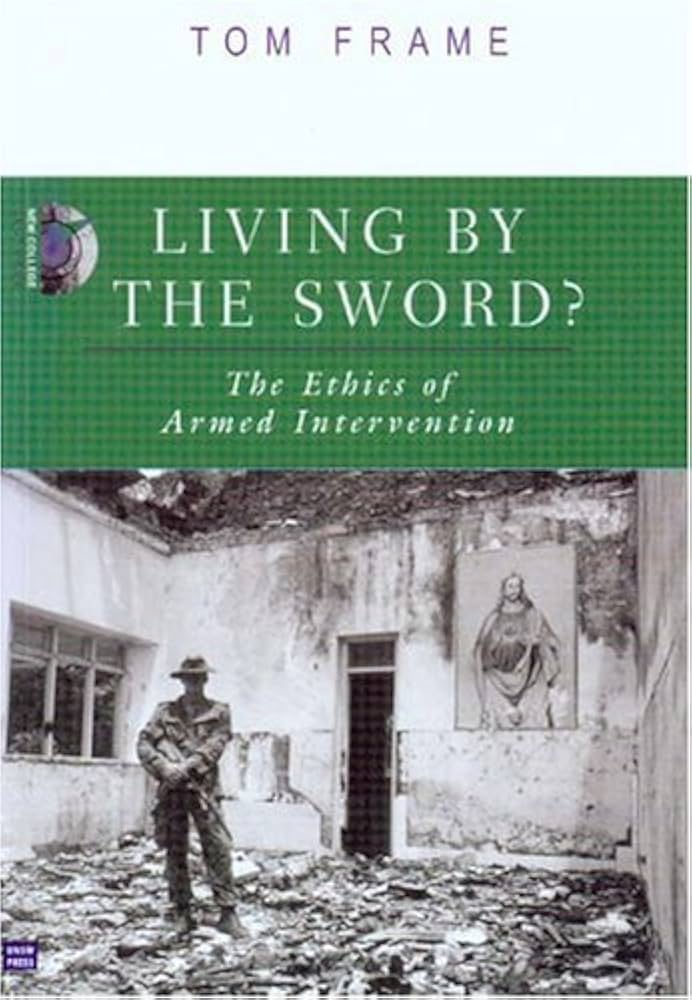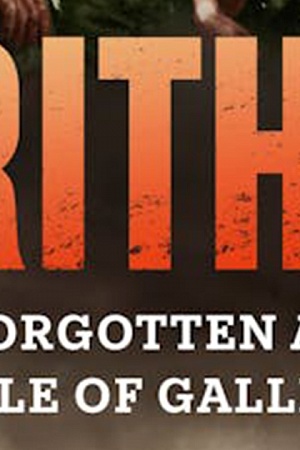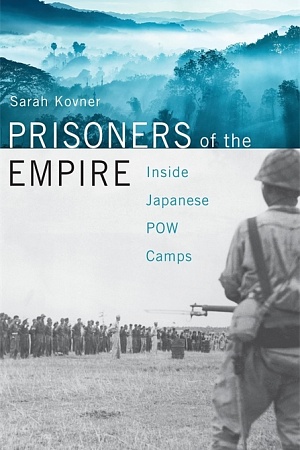Living by the sword?: The ethics of armed intervention
UNSW Press, $34.95 pb, 278 pp
Values, Not Interests
The end of the Cold War was meant to herald a shift towards a ‘new world order’ of liberal states prepared to use force to prevent political and humanitarian disaster. Morality and self-interest converged: borders were more porous; geopolitical raison d’état no longer reigned; the defence of the oppressed – the improvement of the human condition everywhere – trumped the inviolability of sovereignty. The incantatory phrase ‘humanitarian intervention’ served as the moral fulcrum for those disenchanted by the levelling of economic globalisation and the decay of Communism: a righteous doctrine in a secular world starved of ideology. But the 1990s was a decade of unspeakable slaughter and humanitarian catastrophe, and states capable of stopping the carnage were feckless bystanders, unwilling to translate the nobility of their moral sentiment into the commitment to intervene militarily in defence of a supposed cosmopolitan consciousness. The logic of national interest and universalist morality did not coalesce as neatly as Western policy makers had proclaimed in the Indian summer following Communism’s collapse.
Continue reading for only $10 per month. Subscribe and gain full access to Australian Book Review. Already a subscriber? Sign in. If you need assistance, feel free to contact us.








